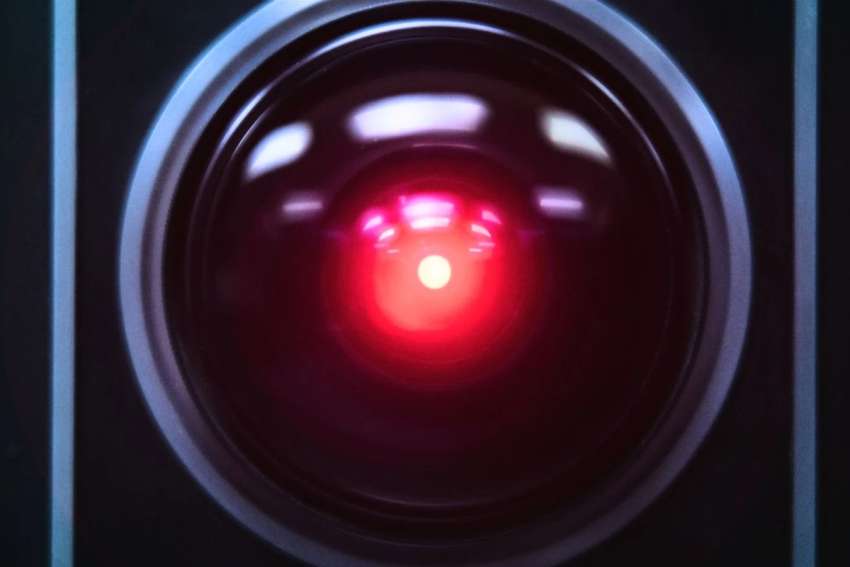O simple ones, learn prudence; acquire intelligence, you who lack it.
-- Proverbs: 8:5
For individuals of a certain age, the cataclysmic impact of AI has been an existential threat for more than half a century. Many of us grew up with the haunting voice of the predatory artificial intelligence, HAL, from Stanley Kubrick’s 2001: A Space Odyssey, resonating ominously, and dispassionately, in our ears.
The Matrix and Terminator movies — and now the latest instalment of Mission Impossible — offered a more dramatic account of what happens when AI takes over, keen to turn humans into organic batteries or eliminate us altogether.
Raised on that diet, it should not be surprising that some of us feel rather annoyed that the first manifestation of this imminent takeover is materializing through plagiarised essays and news content generated by bots. Perhaps the AIs are testing the waters to see how we respond to this elementary threat before replacing us entirely.
Despite this playful preamble, there can be no question that the issue of artificial intelligence is posing an existential concern to our society, one that has been recognized by the Vatican itself, which held a July forum “exploring the challenges and opportunities that new technologies pose to universities and analyze how they can be used in an inclusive and human-centered way.”
Run by the The Università Cattolica del Sacro Cuore on behalf of the Strategic Alliance of Catholic Research Universities (SACRU), the argument was made that the key issue in understanding AI lies in the way it can be mobilized to empower and supplement — rather than replace — our essential humanity. The risk of all technologies is that they come between us as individuals, rather than harnessing what makes us unique and valuable to each other.
From a basic governance issue within the academy, of course, AI — understood by many names but in particular ChatGPT — threatens the very mission of the learning space, especially in the humanities where the celebration of the power of language is one of the key elements of a dynamic education. Universities the world over are finding ways to protect academic integrity, implementing safeguards to ensure that students are who they say they are when submitting material electronically, or that the work itself is somehow guaranteed to be their own and not the machinations of an artificially generated algorithm.
As a professor and a writer, it astonishes me that anyone would want to cheat the system, since the skill set, not the grade, is the valuable asset that one takes out into the world. Moreover, for those who do cheat their way towards a degree or other outcome, one must wonder how it serves them in the real world when they are called on to perform an important role based on those competencies.
If the answer is that it doesn’t ultimately matter to the end result, then AI has already won. But we know this isn’t the case. The gift of education is the skills and values that are imparted to each learner, who then brings this dynamic knowledge into the community.
One would like to think that this is especially the case in Catholic colleges and universities where a value-system, and deep humanistic ethic, underscores the very learning that everything rests upon. At Corpus Christi College, for example, we are not focused simply on sending learners out in the world adequately prepared. Rather, it is our hope that our students, fired by their experience as valued learners, will carry with them a deep respect for the dignity of the human person into whatever field they choose to pursue — from business to filmmaking, science to theology.
Anyone can memorize a periodic table, and anyone can use an app, but it is another thing entirely to understand a field of study, to express one’s thoughts cogently and powerfully, and then to take that out into the world to transform it for the better. HAL’s immortal line, a justification for its usurping of human life, is ironically a powerful statement about our own human capacity and purpose: “I am putting myself to the fullest possible use, which is all I think that any conscious entity can ever hope to do.”
Functional, but well said, HAL. Now shut down and let the humans do their work.
(Turcotte is President and Vice-Chancellor at St. Mark’s and Corpus Christi College, University of British Columbia.)


